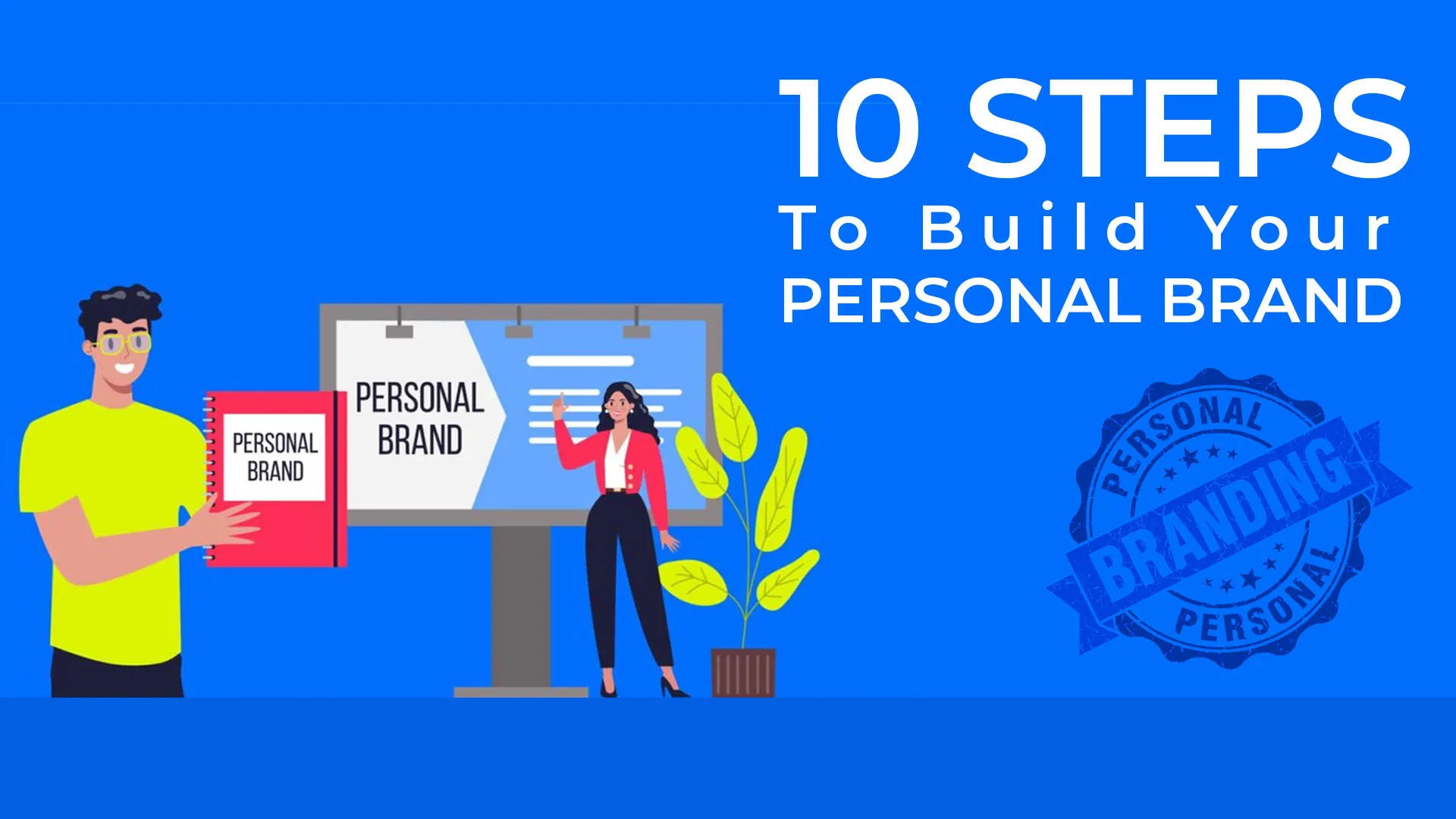Building a personal brand as a subject matter expert does not require a marketing agency or a big budget. It begins with clarity, consistency, and the willingness to build in public. Whether you are a consultant, coach, founder, or independent professional, this step-by-step framework will help you start strong without any additional expense.

Choose a single area of deep expertise. This should be a subject you can speak on confidently without extensive preparation. Narrow your focus to stand out. Instead of broad categories like marketing, refine it to something specific such as Instagram growth through creative storytelling. Precision attracts the right audience.
Be absolutely clear about who you want to reach. You are not targeting everyone. You are solving problems for a very defined group. An example niche would be first-time founders building a SaaS product without a technical cofounder. When your audience sees that you understand their unique challenges, they are more likely to follow and engage.
Do not try to master all platforms at once. Select the one that aligns with your strengths and where your audience already spends time. If you write well, start on LinkedIn. If you prefer visuals, use Instagram. If you are confident on camera, begin with YouTube Shorts or Reels. Once you gain traction, you can repurpose across other platforms.
You do not need to create everything from scratch. Turn existing materials like webinars, presentations, client questions, or personal notes into content. For example, transform a webinar into a blog post or a training session into a short video. Leverage your existing assets to accelerate your output.
Evergreen pillars are recurring themes your audience cares about deeply. These become your foundation for consistent content. For example, if your audience includes freelancers or solo consultants, your pillars could be pricing strategies, time management, and client negotiation. Stick to these core themes for authority and relevance.
One strong piece of content can be transformed into several others. A single blog post can become a LinkedIn video, an Instagram carousel, a YouTube Short with a voiceover, and a few tweets or Threads. This multiplies your visibility without multiplying your effort.
You do not need a team to stay active. Use free tools such as Buffer for scheduling, Canva for design, Notion for planning, and Metricool for analytics. These tools allow you to maintain a regular publishing schedule without daily stress.
Audiences remember stories more than facts. Share behind-the-scenes experiences, failures, client wins, and mindset shifts. These authentic stories humanize your brand while demonstrating your expertise.
Do not rush to sell courses or consulting services from Day One. Spend your first three to six months building credibility and trust. Deliver value consistently. Once your audience views you as an authority, monetization will follow more naturally and sustainably.
Think long-term. Building a brand is not a gamble; it is a game of consistency. Aim for one hundred high-value posts before judging results. Along the way, you will grow your reach, unlock opportunities, and refine your voice. Clients, speaking gigs, partnerships, and revenue will follow.
Your knowledge is already your most powerful asset. What you need now is clarity, consistency, and the discipline to build in public. With the right mindset and a structured approach, your personal brand can become your biggest professional advantage.